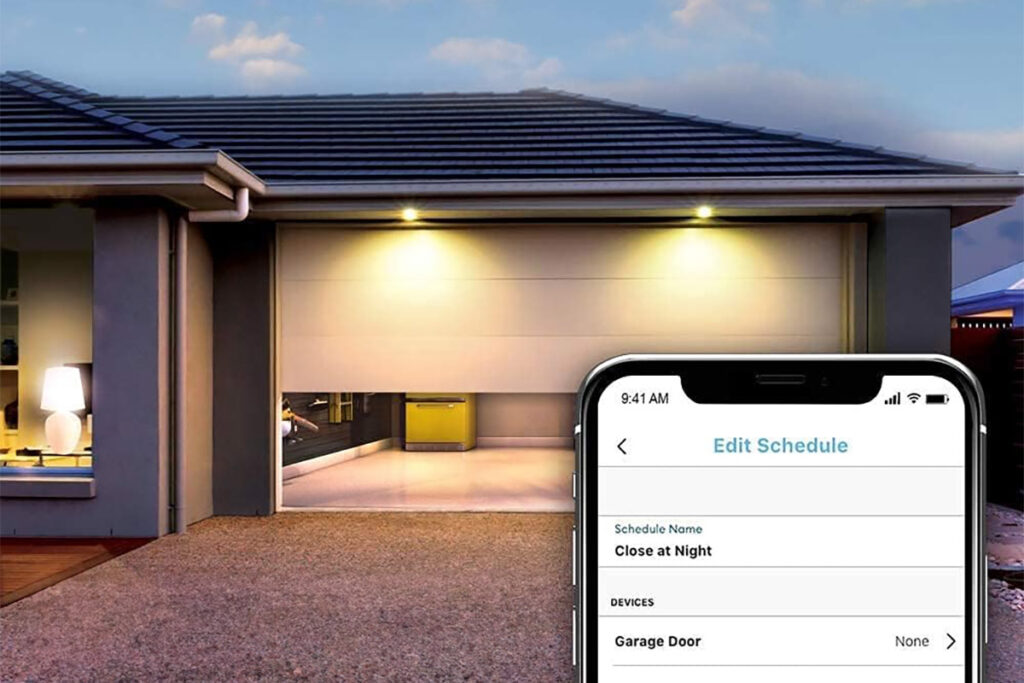
Whether you drive a brand-new car or an older vehicle, it’s never a good thing for your car to shut off while you’re driving. It’s one thing for your car to not start in the morning because of a dead battery. It’s even understandable that your car would refuse to start in really cold weather. However, when your car just shuts off while you’re in the middle of driving, it can be scary. And, it makes you worry. What could possibly be wrong with your car that this would happen?
Here, we’re going to talk about the 5 biggest reasons why your car would shut off while you’re in the middle of driving. This is a different issue than when your car dies while driving but restarts. It could happen on a local road or the highway. It doesn’t even matter how fast you’re going at the time. When your car has something wrong with it, shutting down is sometimes its way of protecting you. It may not feel this way when you break down in bumper to bumper traffic. Hopefully, the problem is nothing major.
We’ll highlight the reasons why your car would do this. We’ll also talk briefly about what you should do in the event that your car does break down while you’re driving. The most important thing to remember is that safety comes first. This includes not only the safety of you and your passengers, but also the safety of other people on the road.
What are the Reasons Your Car Breaks Down While Driving?

There are 5 main reasons why your car would shut off while driving. Some of these are a sign of something minor – like not having gas in your tank. Others are indications of a much bigger, and much more expensive, problem.
No Fuel in the Tank

You may think to yourself – why would I ever let my tank run on empty? Well, you’d be surprised how often this happens. You could be on a long road trip and underestimate how far away the next gas station is. Or, you might have a bad fuel gauge. This is especially true with some of the older cars. Even though they don’t run on electronics, older cars may have a faulty fuel gauge. Over time, the gauge can give bad readings. Or, you may know that your gauge is bad but have no idea how low your fuel really is.
This is a good reason why you should always have an extra canister of gasoline in your trunk. If you break down, you can get at least enough fuel in the tank to get you to the closest gas station or auto shop.
Bad Alternator

While an empty fuel tank may be frustrating, at least it’s a cheap fix. This isn’t the case with your alternator. If there is something wrong with your alternator, it’s going to cost at least a few hundred dollars to get it fixed. And, unlike some other mechanical problems with your car, you don’t get a warning that your alternator is about to go. The way you find out is your car shuts off while you’re driving!
The alternator is what sends the electrical signals to the rest of your car. If your alternator is shot, you’re not going to get power to your engine. This can happen gradually over time. The next time you idle, maybe at a red light, your car will shut off. If you have a feeling your alternator is misbehaving, it’s a good idea to make sure your battery is charged before you head out – especially for long trips.
Your Sensors are Going Bad

As with the alternator, your car’s sensors control how electrical signals are sent through your car. With most newer cars being almost entirely electronic, this can be a problem. If one sensor goes bad, you can lose power to various parts of your car, including the engine. This isn’t really something you can fix on your own. You don’t to mess around trying to diagnose it either. Odds are, you’ll mess up your entire electrical system and it’ll cost you thousands of dollars to fix it. This is one of the drawbacks with new cars. They may offer a bunch of cool features, but they rely on electronics so much that a bad sensor can throw the entire system out of whack.
Your Fuel Pump is About to Blow

Your fuel pump is what carries fuel to your engine. Over time, your fuel pump can get dirty or clogged. If this happens, the gas won’t be able to get to the engine. This can cause your car to shut off while driving. This is why it’s a good idea to get your car serviced and maintained routinely. This way, they’ll flush out your fuel pump and make sure that you have a good flow of gas to your engine. If your fuel pump does go, it is an expensive fix. However, any certified mechanic can perform the necessary repairs.
Is Your Ignition Switch Damaged?

The ignition switch is what makes your car turn the power on. When you turn the key over (or, in a newer car, push the ignition button) it’s supposed to bring the car to life. If it’s damaged, this won’t happen. Sometimes, if your engine is vibrating too much, it can cause your ignition switch to break. The same is true if you do a lot of driving on poorly maintained roads.
What Should You Do if Your Car Does Shut Off While Driving?
If your car does shut off in the middle of driving, there are a few things you need to do. What you need to remember is that your safety is first. Yes, it may cost you a pretty penny to get your car fixed. But the important thing is that you are alive to get that car fixed! Follow these basic steps if your car suddenly shuts off while you’re driving:
- Pull your car off to the side of the road – The last thing you want to do is let your car sit in the middle of traffic, idle. This is asking for trouble. So, you need to get your car off to the shoulder or at least the side of the road. Yes, you won’t have steering power or a braking system to work with. But you can manually push the car off to the side of the road. If need be, use the emergency brake to stop the car. Just get it out of traffic.
- Try to restart the car – There are such things as flukes. Let’s say you’re in really cold weather. Your car may just shut down because it’s too cold. Once you pull off to the side of the road, see if it’ll start. If it does – great. Get home but still take your car to the shop. You need to make sure there’s nothing seriously wrong with your car. You also don’t want this kind of thing happening to you again in a week.
- Turn your flashers on – No matter whether you’re on a busy highway or a road, turn your flashers on. Not only does this let other cars know you’re there, but it also lets emergency vehicles find you. If you call AAA or a towing service, they best way to let them know where your car’s at is to keep the flashers on. Even if your car has no power, your flashers will still work. Then, once your car is taken to safety, you can worry about getting it fixed and finding out what it’ll cost to fix it.
Continue reading:





